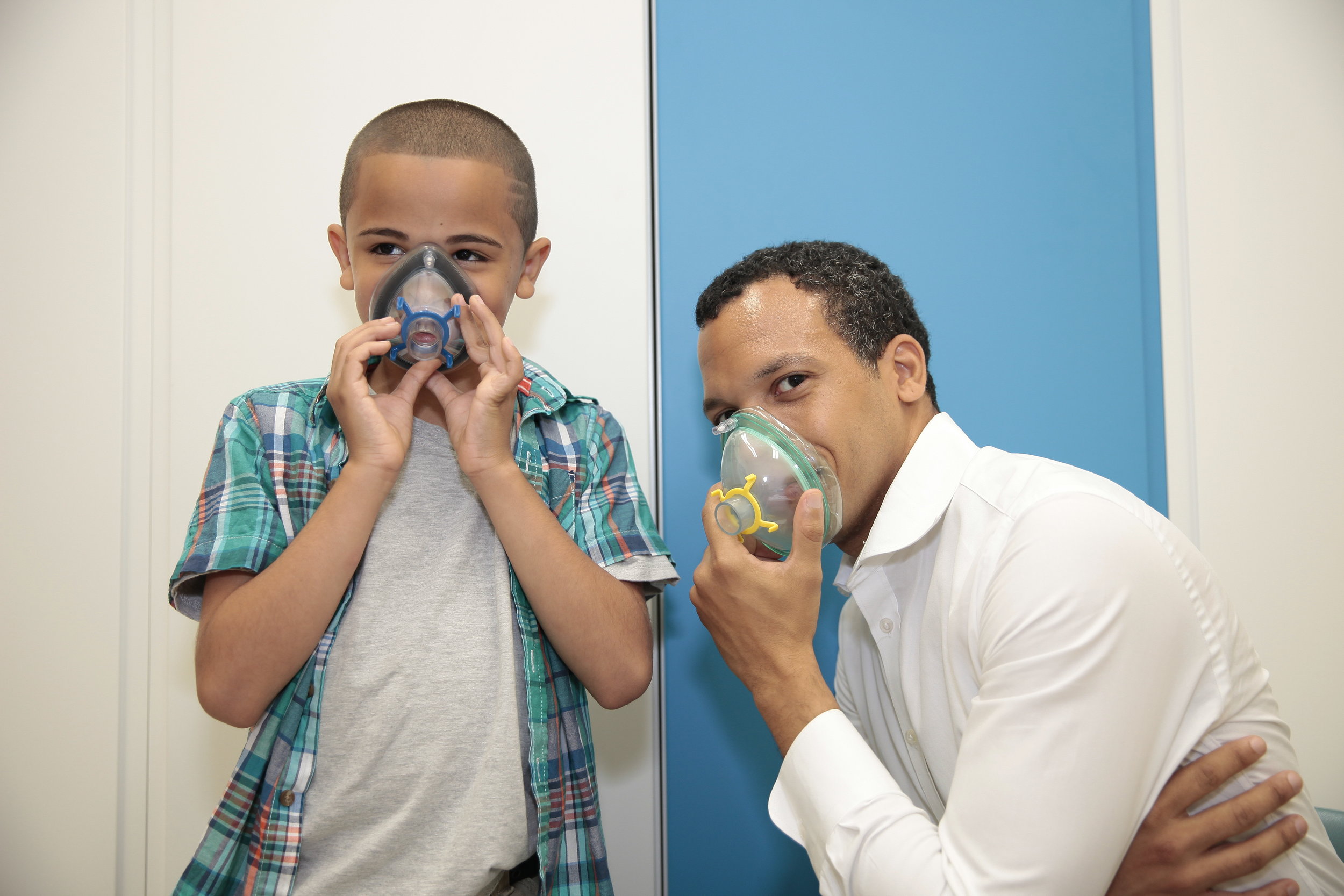Sedation Dentistry In Greenpoint
At Greenpoint Pediatric Dentistry, Dr. John Hansford can humanely and safely treat kids of any age and disposition. When children get cavities between teeth and/or cavities of moderate depth or deeper, they require some level of anesthesia. There are generally five levels of anesthesia: local anesthesia, mild sedation, moderate sedation, deep sedation, and general anesthesia. Local anesthesia is the numbing injection that removes the pain of the procedure. This removes the feeling of pain, but does nothing for the emotional response to feeling numb and having dental work done.
To begin to protect the psyche of anxious patients, pharmacological agents that act on the mind are recommended. Laughing gas, or N20, provides mild sedation with near-immediate recovery and full memory of the procedure. This medication is weak, therefore, it is a good option for the mildly anxious patient. If your child is nervous about an upcoming dental appointment, and you feel the child cannot tolerate the appointment due to the intensity of the dentistry or for any other reason, then we can help them get the care they need without fear, anxiety, or enduring psychological trauma.
We accomplish this through moderate sedation, which removes the memory of the procedure, or general anesthesia, which renders the patient asleep for the procedure. These last two levels of anesthesia should only be provided by anesthesiologists, and at Greenpoint Pediatric Dentistry our board-certified dentist anesthesiologist, Dr. Hansford, provide all the sedation and anesthesia for our patients.
Learn more about sedation dentistry below, or contact us for an appointment now.
What Is Sedation Dentistry?
Sedation dentistry consists of a variety of different sedation methods and refers to a physiological state where patients are conscious, but intoxicated. Nitrous oxide (laughing gas) sedation is commonly used to provide mild sedation for kids. Laughing gas helps them feel comfortable and safe without falling asleep, and the effects wear off within about 5 minutes.
Kids with more severe anxiety may benefit from moderate sedation. This depth of sedation can be achieved through various administration routes. The goal of sedation is to erase the memory of the procedure. We do this in two-stage sedation where the patient first drinks a medication to begin impairing the memory, and later an IV is placed to give the rest of the same medication, Midazolam. This way patients don’t remember getting an IV or any of the dentistry. During moderate sedation, the patients are responsible for their airway reflexes and defenses so they will be conscious for the procedure. The result is feeling sad during the procedure, but no memory of the appointment.
The deepest level of sedation is general anesthesia. After administering general anesthesia, your child will be completely unconscious for the duration of their procedure. This is just as safe as sedation when performed by an anesthesiologist who protects the airway by replacing the obtunded reflexes and defenses via intubation. The general anesthesia option does take longer, so it tends to cost more. General anesthesia is a great option for patients who need quite a bit of work, and for parents who want a no crying/no moving experience.
When To Consider Sleep Dentistry For Your Child
There are a few signs that dentistry facilitated by sedation may be right for your child. First, if your child is extremely nervous or anxious about the idea of going to the dentist, they may benefit from not remembering their procedure. This can help prevent a negative experience that may further increase their dental anxiety.
Sedation or general anesthesia for dentistry can also help with kids who have a very low pain threshold, a sensitive gag reflex, or who are scared of numbing needles. If your child meets any of these criteria, sedation with sleep dentistry may be a good option.
The Benefits Of Sedation Dentistry For Special Needs Children
Sedation can be very useful for patients who have an intolerance for dentistry while conscious. For people who may have sensory issues or other cognitive impairments, sedation and general anesthesia will ensure their care can be completed in one visit with no memory of the procedure.
It’s normal not to be thrilled to have surgery while you’re lucid and alert! Dr. Hansford can help you choose the right method of sedation for your loved ones, and ensure they get the dental care they need in Greenpoint, Williamsburg, and Bushwick.


